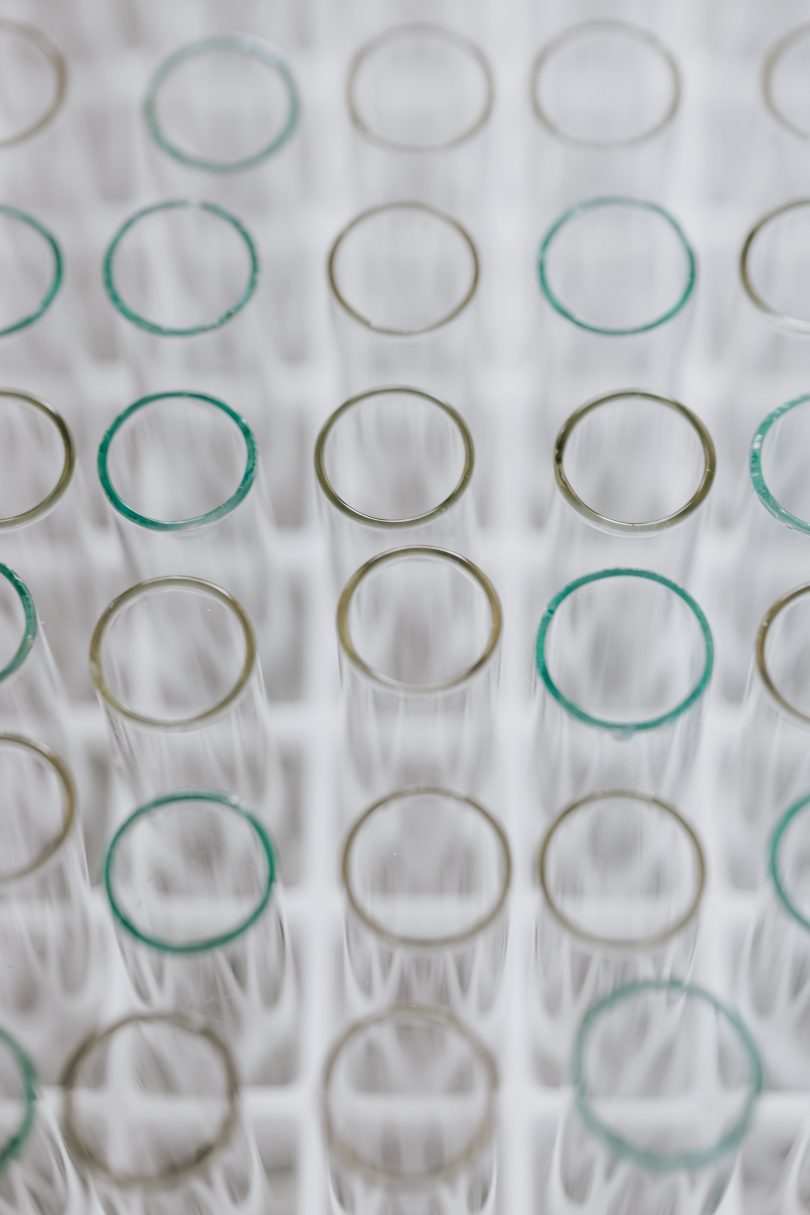Testing has become a fundamental part of the cannabis industry. Labs have popped up around the country to provide testing services to the hundreds of businesses that now exist in this rapidly growing industry. One of the most important things these labs test for are the presence and concentration of cannabinoids, both major and minor, using a variety of hi-tech tools and equipment.
Multiple dozens of cannabinoids that have been found in cannabis. However, not all of them are as valuable to the cannabis industry, at least not yet. Currently, the most valuable of the cannabinoids are tetrahydrocannabinol (THC) and cannabidiol (CBD), which are known as the major cannabinoids.
As the industry matures and research continues, other cannabinoids, known as the minor cannabinoids, may prove to be as valuable as THC and CBD. Currently, these other cannabinoids of interest include tetrahydrocannabinolic acid (THCA), tetrahydrocannabivarin (THCV), cannabidiolic acid (CBDA), cannabidivarin (CBDV), cannabigerol (CBG), and cannabichromene (CBC). When speaking of these minor cannabinoids, it’s important to understand that the term “minor” doesn’t refer to the effect these cannabinoids have on their users. Rather, the term “minor” refers to their concentrations within cannabis plants-the major cannabinoids are more abundant that the minor ones, hence the terminology.
When labs test for cannabinoids, they use two principal methods of testing: Ultra High-Performance Liquid Chromatography (HPLC) and gas chromatography (GC). Both tests will tell you which cannabinoids are present in a sample and will also reveal how concentrated they are in the sample.
However, both tests aren’t equal. In fact, HPLC is often the preferred test when dealing with cannabis and cannabinoids because it is a method of testing that can be completed at room temperature. Whereas GC testing needs a heat catalyst to cause a reaction in the sample in order to detect any cannabinoids present. This heat catalyst prevents GC testing from detecting the cannabinoids THCA and CBDA, which turn into THC and CBD when heat is applied to them. In other words, HPLC is a more comprehensive test for cannabinoids.
Image Source: https://www.pexels.com/photo/set-of-glass-tube-in-laboratory-4021793/










